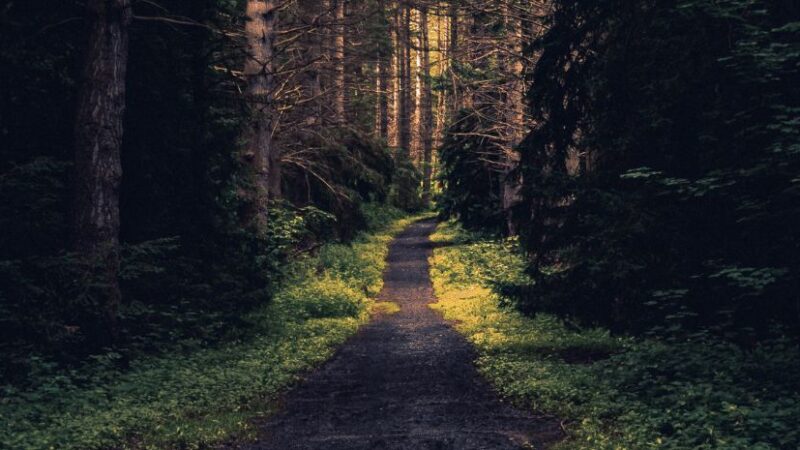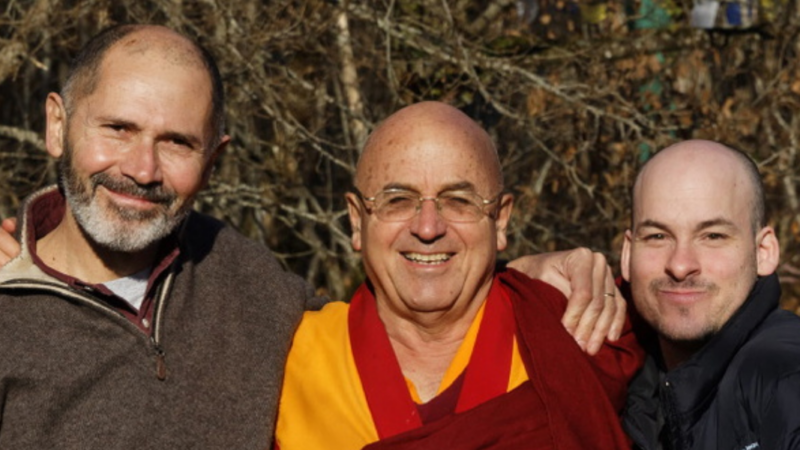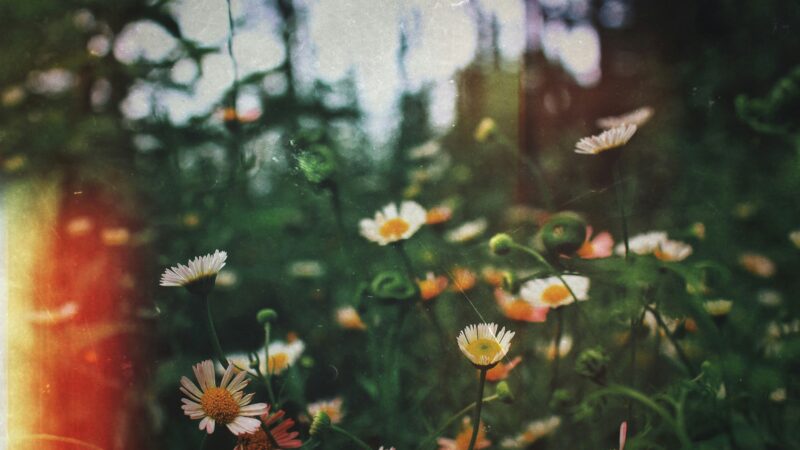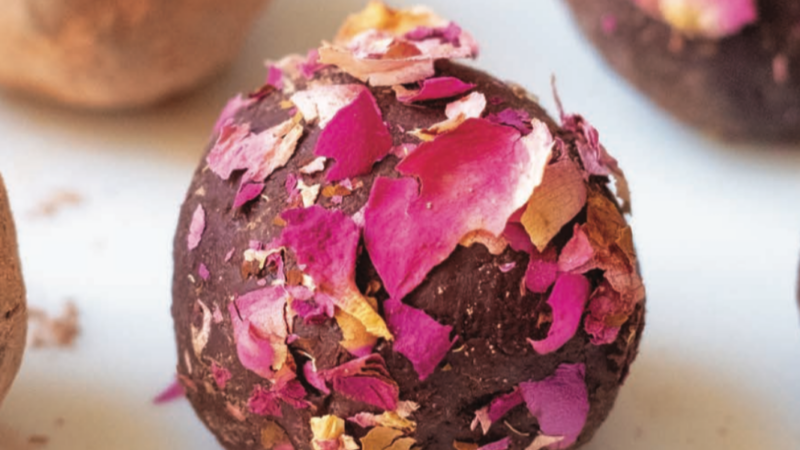Live from the Wake Up Festival!
Dear friends,
We’ve arrived in Estes Park and are preparing the ground for this year’s Wake Up Festival! We get started in just a few hours with an opening ceremony where we’ll be welcoming a few hundred friends from around the world who will be participating in one of our pre-Festival workshops. The main Festival begins on Wednesday which will feature a concert with Snatam Kaur. As a reminder, we’ll be live streaming Snatam’s concert at no cost for those of you who would like to tune in! We’re expecting upwards of 1000 people to share in the Festival with us, and are so happy to be in this field with you all!
This year’s pre-Festival workshops, which we’re quite excited about, include:
Into the Heart of Chanting with Snatam Kaur
Qigong Empowerment – Awaken the 4 Golden Wheels with Robert Peng
Energy Medicine: A Hands-On Experience with Donna Eden and David Feinstein
The Deepest Acceptance: Discovering an Effortless “Yes” to Life with Jeff Foster
Journey with No End: Writing and Spiritual Growth with Mark Nepo
Experiencing the Shamanic Journey: A Direct Path of Revelation with Sandra Ingerman
Leaving you here with a photo live from Wake Up central… sending our love to all our friends around the world.

Pain as the Path
The wounds, scars, and pain we carry as men have a place in our lives. A function that can lead us directly to the core of deep meaning and fulfillment and provide a positive path forward. This is what initiation was supposed to teach us as men—how to descend into the depths of our own darkness and return a more complete and contributive participant in society.
However, this is where a man’s real problem resides: He has not been taught the skill or alchemy of initiation. He has not learned how to deal with his pain, or the pain of the world, and so he bucks against it.
I realized over the years of grappling with how to heal that not only was I ill-equipped to deal with the hurt I’d been given, but I also seemed to be woefully ill-equipped to reconcile with, and put a halt to, the perpetual hurt I passed on to others. Like many men, I was good at inflicting pain—and men who are good at something tend to do that thing a lot.
Not only was I undereducated in the alchemical craft of turning pain into purpose, but almost every man I knew was in relatively the same situation. Most men simply haven’t been taught how to deal with their pain and use it to become something better.
And this aspect of the journey is the missing link in male initiation, which has historically played the role of guiding a man through the transitory period between adolescence and adulthood, teaching him the skills of discipline, sovereignty, and the ability to face some of the most challenging aspects of his own life.
In fact, I began to see that not only have most men not been given the tools or resources to deal with the pain and suffering in their lives, but we as men are actively taught the opposite—the idiotic tactic of constant emotional avoidance. Not only this, but our emotional avoidance is seen as a theoretical and rational strength in certain circles.
Seeing this brings about a multitude of questions that both illuminate the foundational cracks within current masculine culture and also highlight the work we must embark on if we are to do our individual and collective parts as men in building a thriving society.
There’s more: I began to see the direct correlation between a man’s ability and willingness to face his own darkness and having a clear purpose, deep fulfillment, and clarity of contribution to the things that matter most to him.
But how can we as men give our pain a purpose in a culture where we are largely devoid of emotional permissions? Where the archetype of man, in order to be classified or quantified as a man, must do the impossible task of being brave and courageous without being vulnerable?
This is one of the biggest masculine myths—the false idea that you can be courageous without being inherently vulnerable. When we are rewarded for giving our lives, our hearts, and our emotional bodies up for sacrifice to maintain the illusion of invulnerable strength, we prioritize victory over connection. We praise ourselves for performance in the boardroom, bedroom, and bars, but we lack recognition for our performance in reconciliation, repair, and reparation.
There’s another way. A way where victory is found within the work, and part of that work is facing our own darkness.
Excerpted from Men’s Work: A Practical Guide to Face Your Darkness, End Self-Sabotage, and Find Freedom by Connor Beaton.
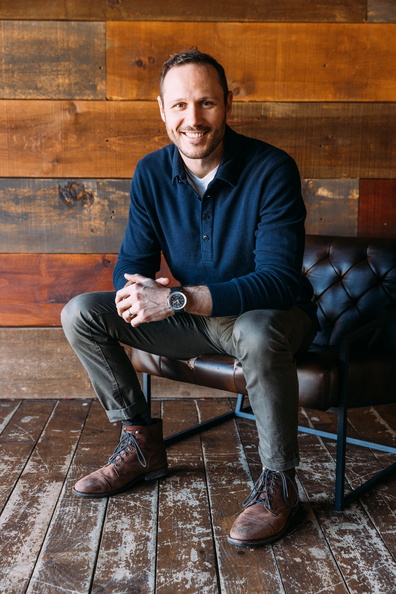
CONNOR BEATON is the founder of ManTalks, an international organization dedicated to the personal growth of men. He is a facilitator dedicated to building better men, an entrepreneur, a writer, and a keynote speaker. Connor has spoken to large corporate brands, nonprofits, schools, and international organizations such as the United Nations, Microsoft, Johnson & Johnson, Apple, TED, and Entrepreneurs’ Organization. For more, visit mantalks.com.
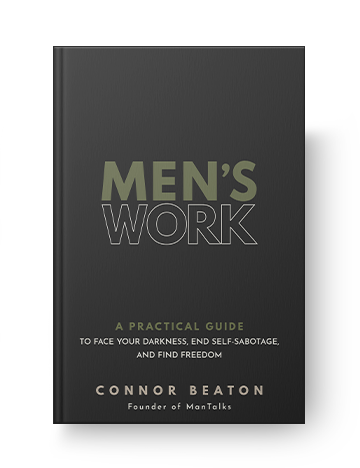
Learn More
Amazon | Barnes & Noble | IndieBound | Bookshop | Sounds True
Meet a Coauthor of . . . Freedom for All of Us
The Author
Christophe André is a psychiatrist specializing in the psychology of emotions. His books include Imperfect, Free, and Happy, and Meditating, Day after Day. He lives in France. For more, visit christopheandre.com.
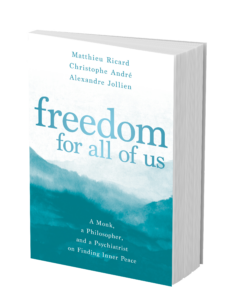
The Book
With their acclaimed book In Search of Wisdom, three gifted friends—a monk, a philosopher, and a psychiatrist—shed light on our universal quest for meaning, purpose, and understanding. Now, in this new in-depth offering, they invite us to tend to the garden of our true nature: freedom.
Filled with unexpected insights and specific strategies, Freedom for All of Us presents an inspiring guide for breaking free of the unconscious walls that confine us.
Translated from the original responses in French.
Send us a photo of your sacred space or workspace.
Here is the view from my home office in Saint-Malo, Brittany, France. My writing space is situated on the top-most floor of the house, just underneath our roof, and each time I lift my head to look out the window, I see the beach, the ocean, and, further away, the ramparts of the old city. The ever-changing nature [of this place], the sky and the tides forever moving (and morphing), the memory of all the corsairs (pirates) of Saint-Malo’s past … all of these things are what inspire me and bring joy to my life.
What is something about you that doesn’t make it into your author bio? It could be something that impacts your work, or something totally random and entertaining!
[There’s] nothing necessarily odd or extraordinary, but perhaps a rather banal fact [is my] being a parent. For me, becoming a father is the event that has most changed me in my life (and has most encouraged me to better myself). It has truly enriched my life the most.
There are two key moments (or memories) that for me [define] being a parent. Firstly, those moments where we realize our children are watching and judging us; and this moment can be very moving and also uncomfortable as a parent, because you feel like your children have discovered all your limits or your faults. (How can we hide it? Impossible, they will see them! At least once, or from time to time.) The essential lesson is that we don’t try to constantly hide our true selves, and this encourages us to transform ourselves. The watchful eye and judgments of our children can feel like a challenge for parents, but a fruitful challenge [nonetheless].
The other key moment is when we realize that our children are more skilled in ways we are not (and sometimes in all ways)! It’s that moment when we discover that we, as parents, are learning from our children; their intelligence, generosity, and enthusiasm. It’s the moment that we allow ourselves, discreetly and with great humility, to let them be our teachers.
If you could invite any three transformational leaders or spiritual teachers (throughout time) to dinner, who would they be and why?
I imagine I would probably be too intimidated to actually have dinner or a conversation with the following three people! I would probably prefer to follow them, like a shadow or a small mouse, and to watch them live and work over several days. To observe their intimate, everyday routines, and listen to their discourse (which in a way is possible with all of their published works). It has always seemed to me that wisdom arises, above all, through example and embodiment.
I would love to follow the everyday life of Etty Hillesum, [the writer], who was a stranger to hatred. Even when she would have every reason to hate the Nazis, who had her executed [at Auschwitz], she still spoke of grace even in a world where only fear, violence, and injustice seemed to live.
I would love to follow alongside Rev. Martin Luther King Jr. during a day in his life. I admire him for his choice to fight for civil rights without the use of violence. I remember, vividly, crying when I visited his memorial in Atlanta.
And finally, I would love to shadow Henry David Thoreau when he was living in his cabin at Walden. I admire his decision to live a life filled with only the essentials: nature, spirituality, and few material possessions, which is in stark contrast to the mistakes and values that we hold in this modern day.

Learn More
Sounds True | Amazon | Barnes & Noble | Bookshop | IndieBound
Breaking away from the idea that there is one “right” way to mother
We live in a wild world with a wealth of information at our fingertips. This means we can read reviews, check forums, and see what other parents are saying about everything we purchase or do for our children.
But that is not always a good thing. There is such a thing as too much research.
I distinctly remember working with a client who had very high expectations around her child’s food. She was concerned with what ingredients were in the food, how it was prepared, how it was served—and anything less than “healthy” felt wrong to her. She was a self-proclaimed perfectionist who wanted the best for her child—she wasn’t going to “lower her standards” at the request of her partner or anyone else.
As a result of her food concerns, she spent hours upon hours extensively researching topics related to food such as GMOs, toxins, ingredients, and safety. Through her research, she also read that stress could decrease her milk supply—so she shut down any conversations when her family tried to approach her about this or how it had taken over her life.
This level of research was no longer about the food—postpartum anxiety was in the driver’s seat, pushing her to search for control.
It’s also important to break away from the idea that there is one “right” way to mother. Just because we have access to information doesn’t mean there isn’t room for nuance. Take “healthy food” as an example. What constitutes a “healthy” diet has been a debated topic for decades and is often a wellness space filled with fads and extremes with each approach contradicting the next. There have been more rules prescribed to our food then I can count that cause people not to trust themselves and leave them seeing food as being good or bad. Food is not black or white. Our approach doesn’t have to be all or nothing.
In my client’s case, research had gone beyond just information-seeking. Sometimes, research is just research. But other times, research is:
- Trying to find the “right” or “best” way to do something
- Seeking reassurance
- Grasping for certainty
- Feeding your anxiety
- An attempt to soothe your anxiety
I have seen this pattern play out many times with many of my clients. I believe that in many ways intensive mothering prevents us from seeing signs of anxiety. When we interpret perfectionism and the need to avoid mistakes at all costs as being a good mother, we have a lot of pressure to carry. It’s no wonder that so many of us find ourselves in the research rabbit hole.
Does that mean all research is bad? Of course not. But we need to learn the difference between when it’s helping and when it’s not. Researching should be used to provide you with enough information to make an informed decision. It should have boundaries—not be all-consuming.
Excerpt from Releasing the Mother Load: How to Carry Less and Enjoy Motherhood More by Erica Djossa.
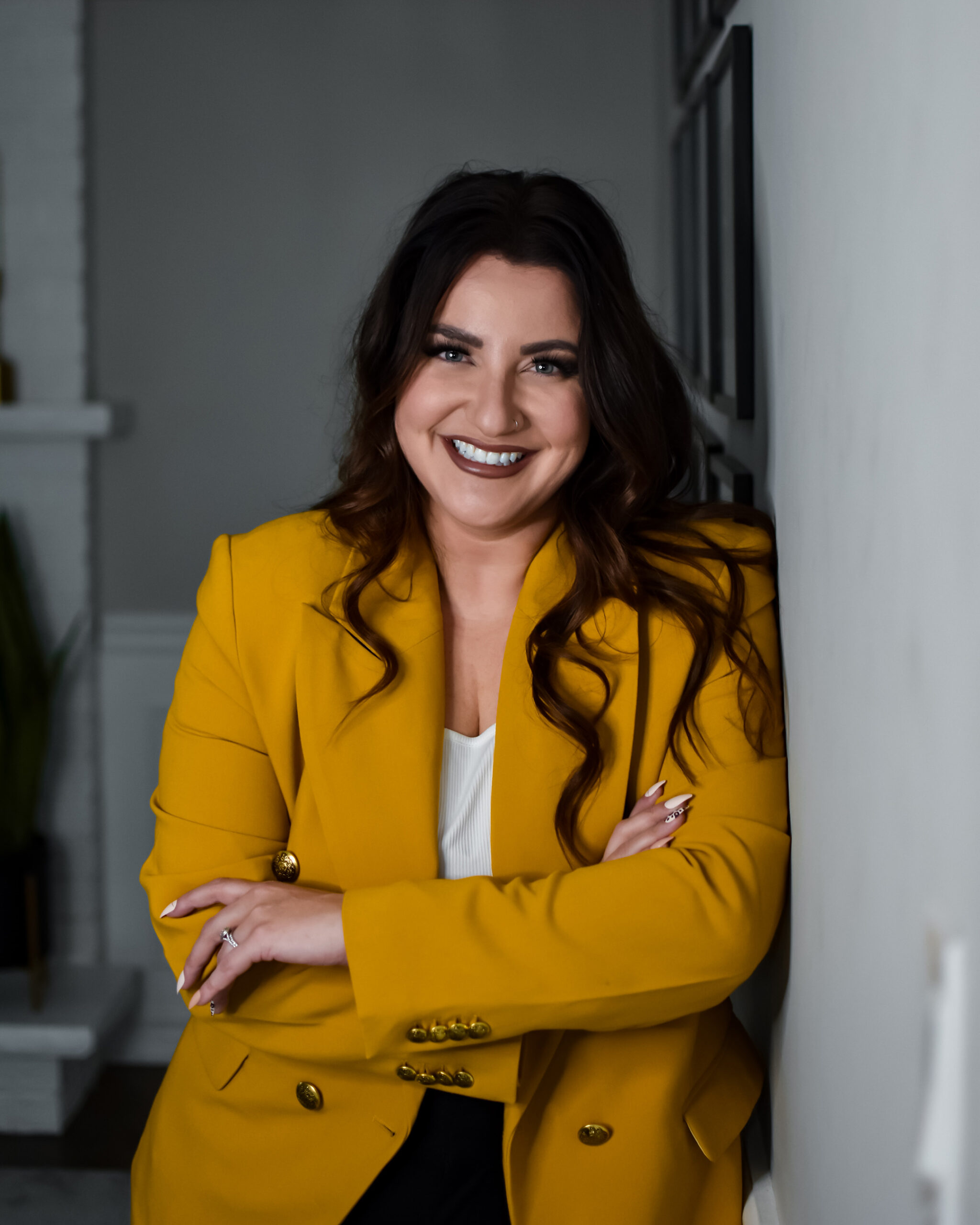
Erica Djossa
Erica Djossa is a registered psychotherapist, sought-after maternal mental health specialist, and the founder of wellness company Momwell. Her popular Momwell podcast has over a million downloads. Erica’s a regular contributor to publications like the Toronto Star, Scary Mommy, and Medium, and her insights have been shared by celebrities like Ashley Graham, Nia Long, Christy Turlington, and Adrienne Bosh. She lives in Toronto. For more, visit momwell.com
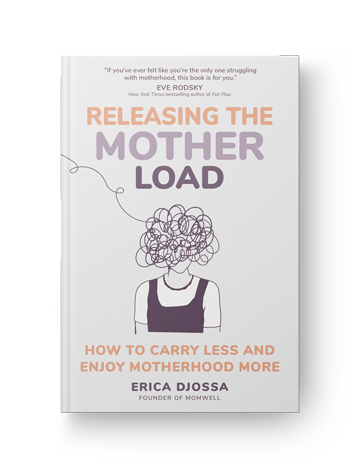
Learn More
Amazon | Barnes & Noble | Bookshop | Sounds True
Six Summer Reads You Won’t Want to Miss!
After the stillness of winter and the slow waking of spring, summer is a time for getting up, getting out, and getting our hands on what inspires us the most. Here are some recent Sounds True releases for tapping into a life well lived.
1. The Biophilia Effect – Clemens G. Arvay

This is a book that celebrates our interconnection with nature and shows how to deeply engage the natural world wherever you live to dramatically improve your health. Clemens G. Arvay presents fascinating research, practical tools and activities,
inspiring stories, and more in this accessible guide to the remarkable benefits of being in nature.
Get it here: https://www.soundstrue.com/store/the-biophilia-effect.html
2. The Healing Code of Nature – Clemens G. Arvay

Human beings are inseparable from the natural world, coevolving with all of life. In order to thrive, we need to nourish this bond. In his latest book, biologist Clemens G. Arvay illuminates the miraculous ways that the human body interprets the living “code” of plants, animals, and our larger natural habitat for healing and sustenance.
Get it here: https://www.soundstrue.com/store/the-healing-code-of-nature.html
3. Book of Beasties – Sarah Seidelman

“From an ancient perspective, everything—including all natural things, like rocks, flowers, trees, insects, birds, and mammals
—is alive and infused with conscious energy or spirit,” writes Sarah Seidelmann. If you’re one of the many people looking to reconnect with the creativity, wisdom, and vital energy of the natural world, here is a fantastic guide for tapping into the power of animal totems, or “beasties.”
Get it here: https://www.soundstrue.com/store/book-of-beasties.html
4. No Recipe – Edward Espe Brown
 “Making your love manifest, transforming your spirit, good heart, and able hands into food is a great undertaking,” writes renowned chef and Zen priest Edward Espe Brown, “one that will nourish you in the doing, in the offering, and in the eating.” With No Recipe: Cooking as Spiritual Practice, Brown beautifully blends expert cooking advice with thoughtful reflections on meaning, joy, and life itself.
“Making your love manifest, transforming your spirit, good heart, and able hands into food is a great undertaking,” writes renowned chef and Zen priest Edward Espe Brown, “one that will nourish you in the doing, in the offering, and in the eating.” With No Recipe: Cooking as Spiritual Practice, Brown beautifully blends expert cooking advice with thoughtful reflections on meaning, joy, and life itself.
Get it here: https://www.soundstrue.com/store/no-recipe.html
5. Yoga Friends – Mariam Gates & Rolf Gates
 From the creators of Good Night Yoga and Good Morning Yoga comes a beautifully illustrated city adventure that introduces children to the delights and benefits of partner yoga.
From the creators of Good Night Yoga and Good Morning Yoga comes a beautifully illustrated city adventure that introduces children to the delights and benefits of partner yoga.
Perfect for teaming up with a friend, sibling, parent, or caregiver, each easy practice shows how cooperation helps us to imagine, move, and have fun in a whole new way.
Includes a back-page guide for parents and caregivers, showing how to do each pose and how to connect them into an easy-to-follow flow.
Get it here: https://www.soundstrue.com/store/yoga-friends.html
6. Happier Now – Nataly Kogan
What if you could be happier, right now, without radically changing your life? As nationally recognized happiness expert Nataly Kogan teaches, happiness is not a nice feeling or a frivolous extra. It’s a critical, non-negotiable ingredient for living a fulfilling, meaningful, and healthy life—and it’s a skill that we can all learn and improve through practice. In Happier Now, Nataly shares an illuminating, inspiring, and science-based guide to help you build your happier skills and live with more joy, starting now.
Get it here: https://www.soundstrue.com/store/happier-now.html
Have other books you’ve read by the poolside or under a shade tree ended up changing the way you see the world? Tell us about those summer reads that ended up being more than you expected!
Lavender Rose Chocolate Truffles
Lavender Rose Chocolate Truffles
From the book, Whole Girl by Sadie Radinsky
INGREDIENTS:
- 1/2 cup coconut cream, from the top of a chilled 13 1/2-ounce can of full-fat coconut milk
- 1 1/2 cups dark chocolate chips or chopped dark chocolate
- 2 drops food-grade pure lavender oil
- 1/4 cup cacao powder
- 2 Tbsp dried rose petals, crushed
INSTRUCTIONS:
- Scoop the coconut cream into a double boiler. Heat the coconut cream until it’s hot to the touch, then pour in the chocolate. Turn the heat down to medium-low. Stir the chocolate and coconut cream together until the chocolate is fully melted and the mixture forms a shiny ganache.
- Remove the ganache from heat and stir in the lavender oil. Place the bowl of ganache in the refrigerator to chill for 2 hours, or until completely solid.
- Line a plate with parchment paper. Scoop the chocolate mixture into 16 pieces using a tablespoon, and place on the plate. Don’t worry about forming the pieces into spheres yet. Place the plate back in the refrigerator for 10 minutes to firm up.
- Pour the cacao powder and crushed rose petals into 2 small separate bowls. Roll the refrigerated chocolate blobs into balls, then roll them in either cacao powder, rose petals, or leave them plain. Serve.
- Store leftover Lavender Rose Chocolate Truffles in an airtight container in the refrigerator for about 1 week, or freeze for up to 1 month. Defrost before serving.
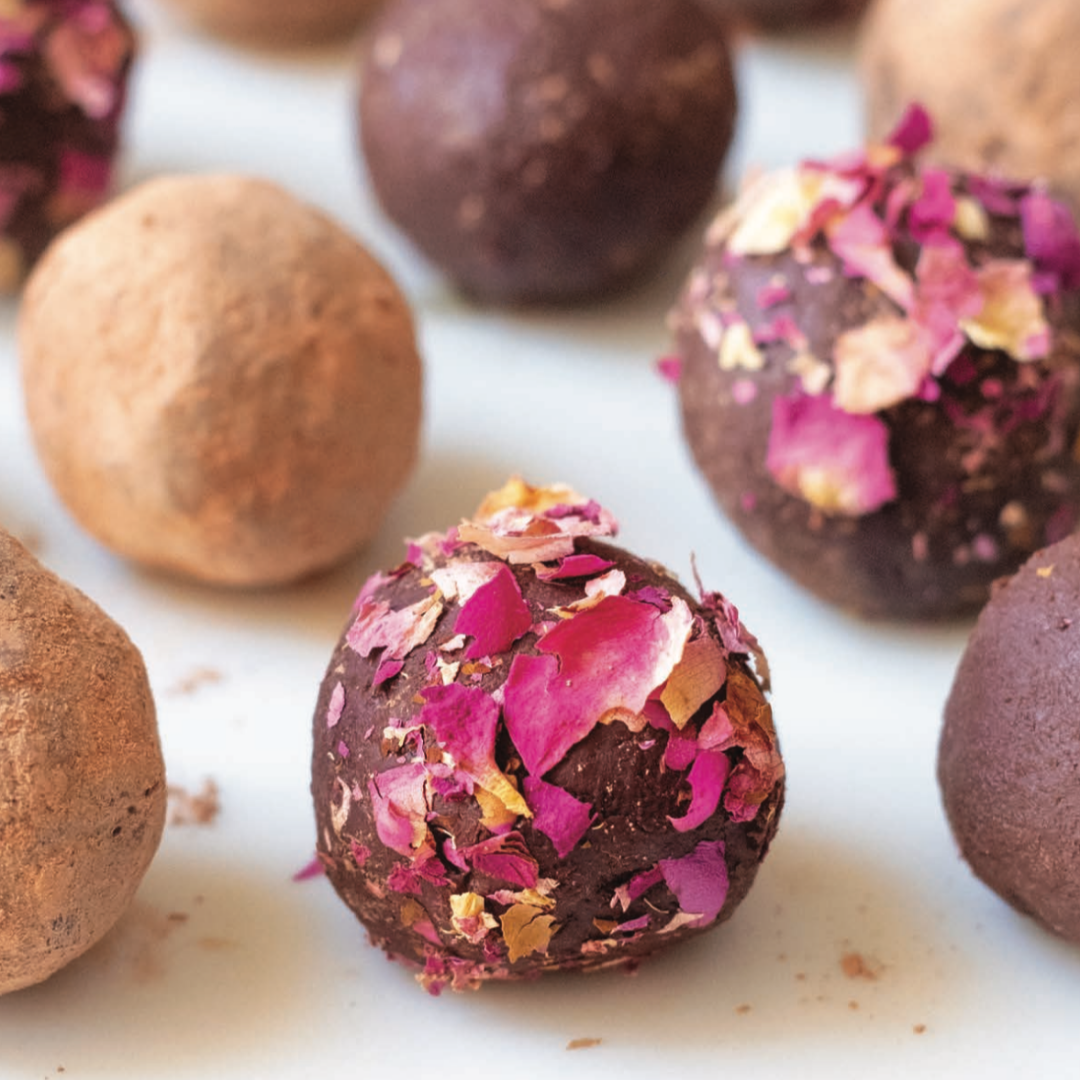
This recipe is featured in the young adult book, Whole Girl: Live Vibrantly, Love Your Entire Self, and Make Friends with Food by Sadie Radinsky.
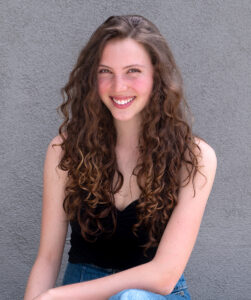 Sadie Radinsky is a 19-year-old blogger and recipe creator. For over six years, she has touched the lives of girls and women worldwide with her award-winning website, wholegirl.com, where she shares paleo treat recipes and advice for living an empowered life. She has published articles and recipes in national magazines and other platforms, including Paleo, Shape, Justine, mindbodygreen, and The Primal Kitchen Cookbook. She lives in the mountains of Los Angeles. For more, visit wholegirl.com.
Sadie Radinsky is a 19-year-old blogger and recipe creator. For over six years, she has touched the lives of girls and women worldwide with her award-winning website, wholegirl.com, where she shares paleo treat recipes and advice for living an empowered life. She has published articles and recipes in national magazines and other platforms, including Paleo, Shape, Justine, mindbodygreen, and The Primal Kitchen Cookbook. She lives in the mountains of Los Angeles. For more, visit wholegirl.com.
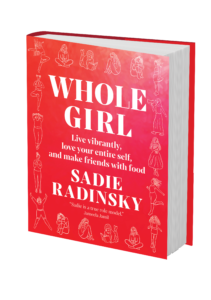 Sounds True | Amazon | Barnes & Noble | Bookshop | Indiebound
Sounds True | Amazon | Barnes & Noble | Bookshop | Indiebound

